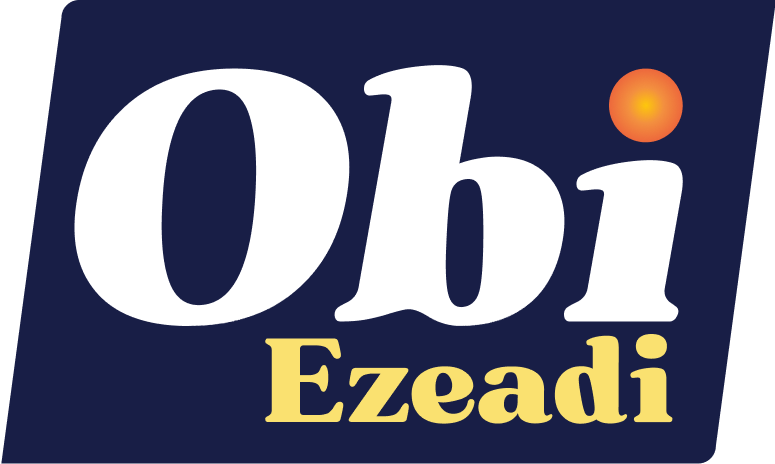CIVICS 101: Inflation
What is inflation? There are plenty of definitions. I have a Masters in Finance and I can confidently tell you that this 'economic' version is pure mombo jumbo...because it's not very helpful for most people: Inflation is the decline of purchasing power over time. A much simpler version of that is to understand inflation as simply a rise in prices.
Civics 101: The United States Constitution
Last month, I gave you a simplified breakdown of the differences between City, State, and Federal governments and our respective responsibilities. This time, I’d like to dive into the U.S. Constitution - the foundation of most of the debates engulfing society today.
Why don’t people participate more in their local government?
Why don’t people participate more in their local government?
I can think of 3 reasons: lack of time, disillusionment, and lack of trust. It’s not the resident’s fault; it’s our fault - government. Disillusionment literally means:
Civics 101: Differences between City, State, and Federal Government
We have a federal system of government, and state and local governments operate within that system. Governance in the United States is more of a network than a hierarchy, because the policies and politics of any single level of government are intertwined with those of other levels in a complex web of interdependent relationships.
Thoughts on Gun Safety Legislation
Since Uvalde, if you follow me on Facebook, you'll know that I have been providing my own simplified form of journalism where I write near-daily, synthesized summaries of political news (and often related to gun safety legislation). Even with all of that, I still found myself at a loss of an answer to gun violence that could help protect Americans from this self-inflicted epidemic.
Civics 101: Development
Development is a vast and complicated topic. Even if you read and understand everything in my lesson below, it’s still probably only 50% inclusive of everything related to development. Future lessons can help fill those gaps.
Thoughts on wage Inequality
Did you know that the first people, in 1806, who tried to negotiate higher pay were found guilty for an “illegal conspiracy to raise their wages”? It was a group of shoemakers who formed an organization called the Federal Society of Journeymen Cordwainers to ask for more pay for the inhuman amount of hours they working.
Roe v. Wade Impact on Civil Rights and Personal Freedoms
Our American legal system follows the doctrine of stare decisis, obliging judges to make rulings based on previous judicial decisions on the same subject - known as precedent. Several Supreme Court decisions set precedent for Roe, which has set precedent for many others. If Roe v Wade gets overturned, it rolls back 50 years of jurisprudence on privacy rights.
Civics 101: Oil & the Price of Gas
Welcome to Civics 101! This month we’ll tackle an area of significant interest: Oil & the Price of Gas
Thoughts on Student Loan Debt
Debt-based poverty transcends student loans, spanning across all areas of our lives: credit card debt, payday loans, auto loans, mortgage debt, taxation by citation (fines, fees, etc.), and…medical debt. My lived experience suffering childhood poverty grants me the unique perspective of empathizing with our working class the feeling of knowing quality healthcare only by its absence.
Civics 101: Water Infrastructure (Part 1)
Despite this, many cities are not vigilant, and have failed at all 3 levels of redundancy. As a country, we are under-investing in our water infrastructure and our source waters grow more contaminated (e.g. via fracking, etc). Westminster, specifically, owns and operates two water treatment facilities (Northwest and Semper), and Semper was built in 1969, operates on 1960s technology and has deeply deteriorated to a point of concern where we must make strategic investments using your utility bill payments.
Thoughts on Health Equity
In my opinion, medical debt (the largest cause of personal bankruptcy) is a social determinant of health, along with healthcare access/quality, education access/quality, social and community context (e.g. faith, language, culture), and neighborhood/built environment (e.g. lack of parks, safe streets, pollution).

